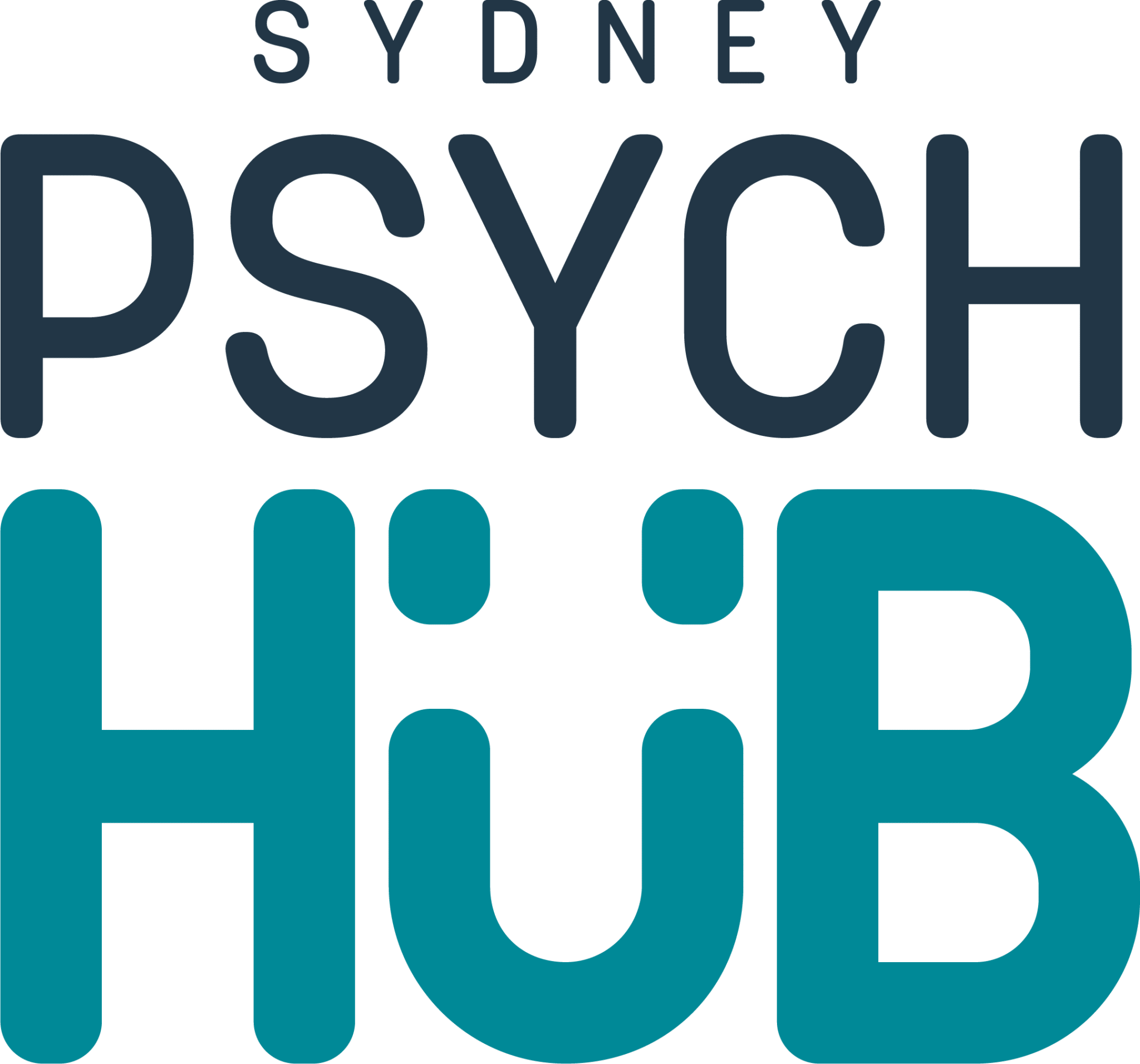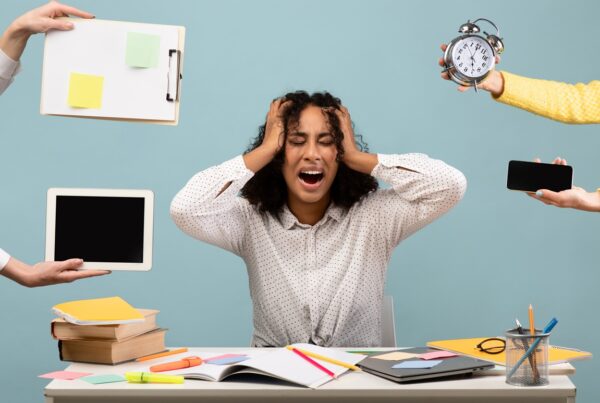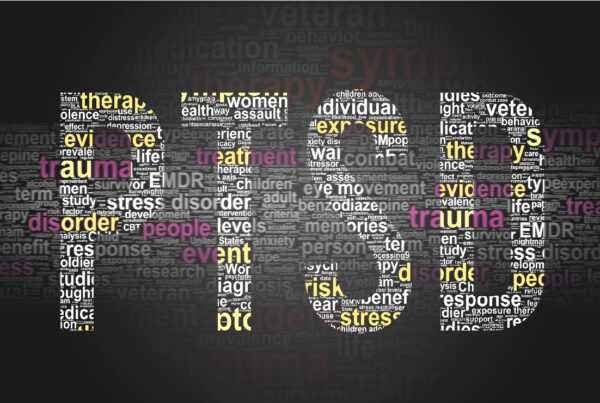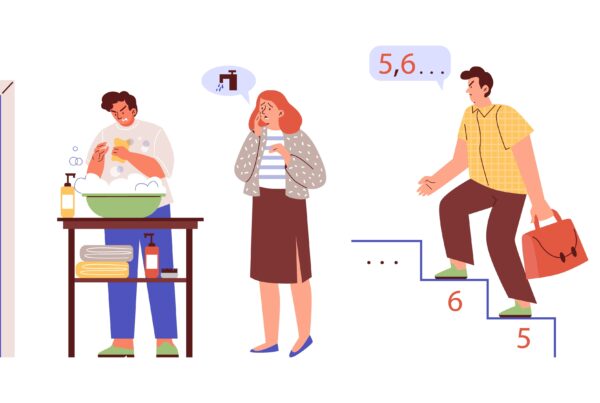Relationships are an essential part of life and linked to our sense of self and our place in the world. Relationships can also significantly influence our sense of wellbeing and ability to cope through challenges. Couple therapy can help you and your partner to improve your understanding of your relationship, identify relational needs and patterns and address challenges effectively.
It’s natural to feel a mix of emotions as you begin the process. Part of the therapist’s responsibility is to help create a safe space for you both to express yourselves. If you’re feeling nervous, that’s normal – therapy is about support and growth!
The first session with a couple’s therapist is usually an introduction and assessment session. Here’s what you can generally expect:
1. Introduction: The therapist will start by introducing themselves. They will then discuss the format of the sessions and confidentiality, making sure both partners feel comfortable and understand the process. They will also ask questions to get to know you and basic questions about your family tree (genogram), such as “How long have you been together” and “How many siblings do you have?”.
2. Discussing the Issues: Both partners will have the opportunity to share their thoughts and feelings about the relationship. The therapist might ask questions about the issues you’re facing, how long you’ve been experiencing them, and how they are affecting you both. Common issues raised by couples include breakdown in communication, unresolved conflict, intimacy, parenting, and conflict with extended family.
3. Individual Perspectives: The therapist may ask each person to talk about their personal perspective on the issues in the relationship. This helps the therapist understand both sides of the story. For example, one person might say their partner is always trying to pick a fight while the other person says their partner doesn’t care at all about their relationship.
4. Setting Goals: You might begin to discuss what you’d like to work on during therapy. The therapist may help you set realistic goals for your relationship, such as improving communication, resolving conflict, or understanding each other better. This will help to inform key modalities and interventions utilised in future sessions, such as Emotion Focussed Therapy (EFT), the Gottman Method or Imago Relationship Therapy.
5. Ground Rules: The therapist may establish some basic ground rules for communication during sessions, such as no interrupting, speaking respectfully, or taking turns speaking.
6. Assessment: The therapist might ask some background questions to understand your relationship dynamics. These questions could touch on how you met, significant events or issues, and how you handle stress or conflict.
7. Next Steps: By the end of the session, the therapist may offer some initial thoughts, but typically the first session is about understanding the relationship’s dynamics. The therapist will also discuss what to expect in future sessions, which may involve deeper work on communication, emotional intimacy, and resolving specific issues. Depending on the context, your therapist may choose to see you and your partner separately for part of the session or even book you in for separate individual sessions for further assessment.
Remember that therapy is an ongoing process and change takes time. That being said, even a small step can make a difference to your relationship. Whether you are facing a new challenge or one that is a repeated pattern in your relationship, you can access support through a couple counsellor. To find out more, feel free to book your initial consultation now.




